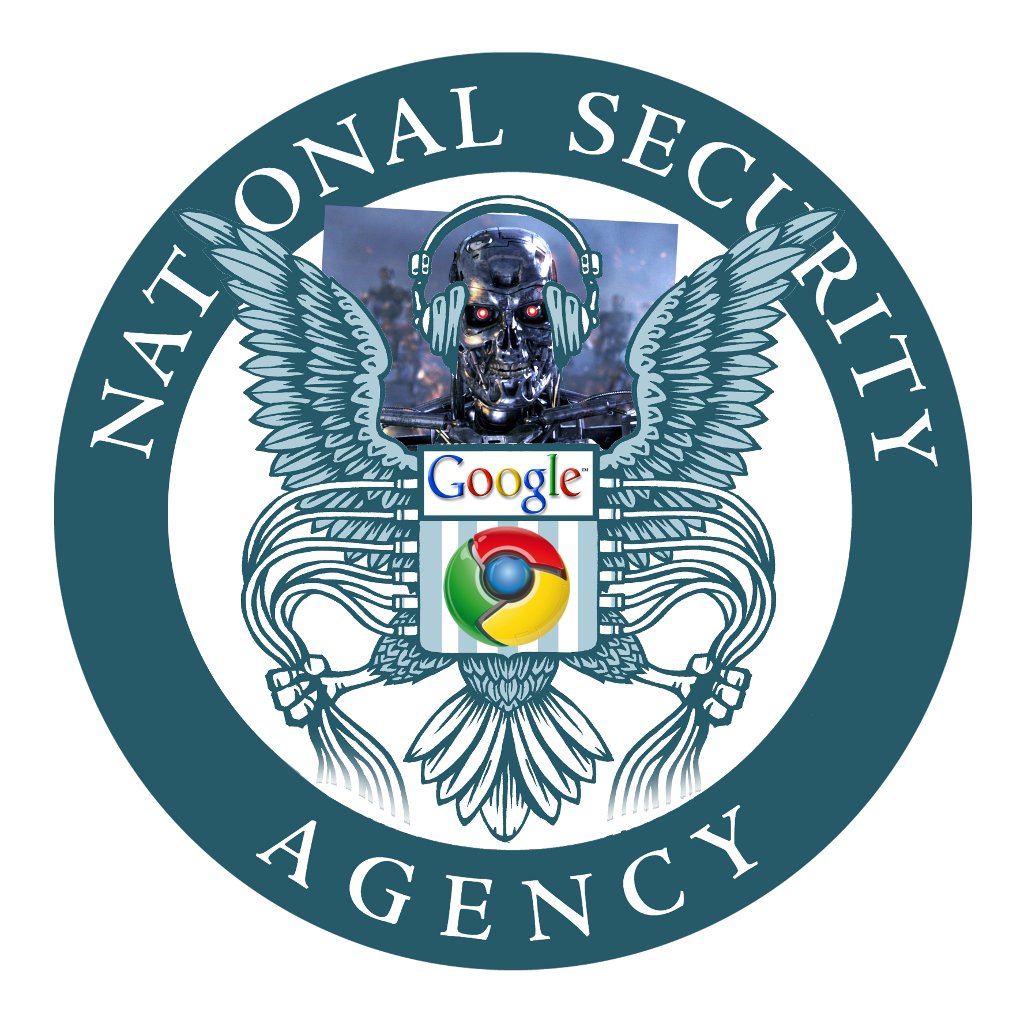Snowden, the Terminator, and Us
OpEd by Jérémie Zimmermann, co-founder of La Quadrature du Net, published in Mediapart on 5 June 2014
One year ago day by day, a courageous young man named Edward Snowden sacrificed most of his life and his freedoms to show us the crude reality of the world we are living in. His ongoing revelations make us learn and understand how our relationship to technology has changed forever, and how the trust we place in machines shall never be the same. Edward Snowden also shows us a path for taking back control of the machines, an urgent task that no one today can ignore.
We live already in the era of the Cyborg. Our Humanities are practically indistinct from the Machine. Functions of our bodies such as communicating, remembering, recognizing each other, our personal and shared memories and most of our works are now indivisible from the functions of the machines.
Computers, phones and servers are all interconnected through software and communication networks. This global interconnected Machine is increasingly merging with our global interconnected humanity – soon on faces, wrists and under the skin – and so far most of us trusted it with about everything.
Yet in the era of the Cyborg, what we see thanks to Ed Snowden is that this global Machine has been turned as a whole against us. It has been turned as a tool for global surveillance and for control of individuals, at the cost of massive violations of our fundamental rights. With many abuses already demonstrated, the Machine bears an immense, horrendous, potential for abuse and repression, from political to economic espionage. Any political movement, any revolution, any idea could potentially be crushed in a snap.
The Machine as a whole has been repurposed. From obeying us, its users, its owners, it has been reprogrammed to obey its real masters, comprised of an ill-defined alliance of some of the biggest companies in the world such as Google, Apple, Facebook and Microsoft, of unaccountable spying agencies such as the NSA, GHCQ or the DGSE, and of thousands of their private or public partners (among which a myriad of private contractors and at least 950.000 US citizens cleared with a Top Secret clearance).
Many of us still find more comfortable to ignore the truth than to change their habits. Perhaps truth is so violent and scary that it becomes too difficult to admit. Perhaps the gap between reality and comfortable illusions is too big.
Still, we have an immense responsibility to ask ourselves questions that will shape the future of our societies, our relationship to power, as well as our relationships between individuals. Where is the boundary between our humanities and the Machine? Did we consciously accept it as it is? How can we take back control of that Machine, which is now part of ourselves?
What is at stake is the very definition of our humanities. For massive surveillance implies violation and potential annihilation of our intimacies, these spaces where we decide, in full trust –alone or with others– to be truly ourselves, to experiment with ourselves, to develop new ideas and theories, to write, sing and create. In these spaces we develop our identities, our very definitions of who we are…
Fortunately, Edward Snowden also showed us a pathway out. Governments can maybe made accountable, and mass surveillance can surely be evaded, and made much more costly. By moving away from technology that controls us, we can use, promote and develop technology that makes us more free. It is a long path, requiring efforts, to break away with the habits and the blind trust we placed in the Machine, and requiring an appropriation of technology by everyone. Through the use of free software, decentralized architectures and end-to-end encryption, we can –probably– take back control of the Machine.
It is our duty as a civilisation and as individuals. We must fight this Machine of oppression by all means, before it is too late, in order to reconquer and reclaim our humanity.



